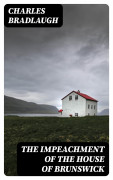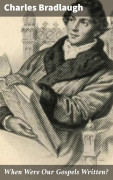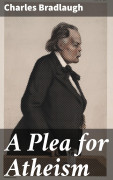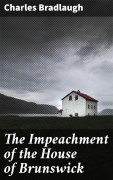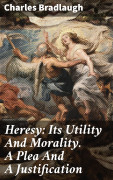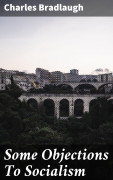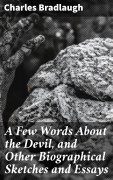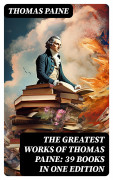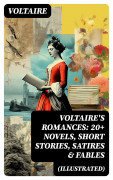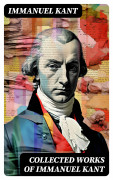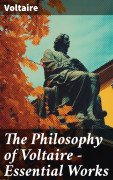John Watts, Charles Bradlaugh, pseud. Anthony Collins: Ancient and Modern Celebrated Freethinkers
Reprinted From an English Work, Entitled "Half-Hours With The Freethinkers."

| Produkttyp: | eBook-Download |
|---|---|
| Verlag: | Good Press |
| Erschienen: | |
| Sprache: | Englisch |
| Seiten: | 325 (Druckfassung) |
| Format: | EPUB
Info▼
|
| Download: | 807 kB |
In 'Ancient and Modern Celebrated Freethinkers', the collection embarks on a profound exploration of the diverse narratives and literary styles that underscore the rich spectrum of freethought throughout history. This anthology encompasses works from a variety of periods, cultures, and perspectives, illustrating the evolution of skepticism and secular thinking. The editors have masterfully curated essays and writings that highlight critical milestones in the discourse of freethought, from ancient philosophies to the Enlightenment and beyond, making it a seminal work for understanding the myriad ways humans have approached religion and spirituality. The standout pieces in this collection do not merely challenge the status quo; they invite readers to question and reflect upon their own beliefs and the societal constructs around them. The contributing authors and editors, John Watts, Charles Bradlaugh, and Anthony pseud. Collins, bring together an illustrious tapestry of intellectual rebellion and discourse. Each, in their capacity, has championed the cause of freethinking through historical, cultural, and literary contributions, encapsulating the essence of their era's struggles and triumphs over dogmatic rigidity. Their collective works align with significant movements advocating for rational thought, secularism, and reform, crystallizing the anthology's theme through their varied, yet harmonious voices. For those intrigued by the evolution of religious and spiritual skepticism, 'Ancient and Modern Celebrated Freethinkers' offers an unparalleled journey. This anthology does not only serve as an educational resource but as a compelling invitation to understand the intricate dialogue between differing viewpoints on faith and reason. Readers are encouraged to explore the depths of freethought presented within these pages, fostering a greater appreciation for the contributions of these thinkers to the fabric of secular discourse.
